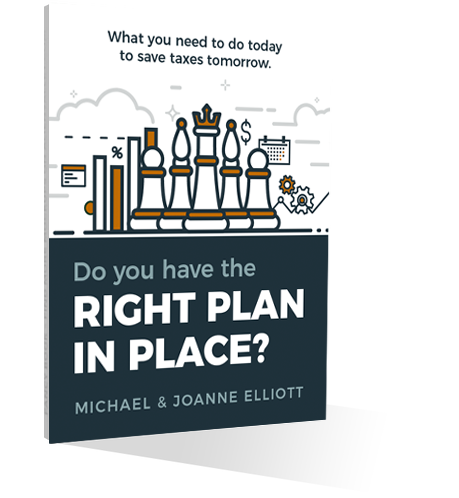Elliott Associate Request for Reissuance of Fund Check Form ...
Request for Reissuance of Refund Check Form
December 4, 2020
Request for Reissuance of Refund Check FormDecember 4, 2020
Elliott Associate Request for Reissuance of Fund Check Form ...
You may receive a notice from the Assessor stating that your assessment is being reduced due to COVID but that may not mean a reduction in your tax bill. Why? Read the full Crain’s article here. UPDATED 11/19/2020 –...
Leading Lawyer magazine names Elliott & Associates partner Mike Elliott #5 Real Estate Tax attorney in Illinois and #3 in the Suburban Real Estate category....
Lauren Elliott selected top 2.5% Illionois LawyerOctober 8, 2020
Super Lawyers selects Elliott & Associates attorney Lauren Elliott to the Illinois Super Lawyer Rising Star list for the second year In a row. ...
When is an appraisal a worthwhile investment?September 9, 2020
Question: Do I need an appraisal? Answer: Appraisals can be useful in winning a tax appeal case. But, they are not always necessary. Let us explain what we do to avoid incurring unnecessary appraisal costs and...
Disappointing Assessor or Board result? You may have an opportunity at PTAB or Court.September 9, 2020
Question: Why should I appeal to PTAB versus Court? Answer: There are several reasons why you would appeal to PTAB instead of Court, and vice-versa. Let us explain what they are. PTAB is considered to be...
...
How long will my Collar County property tax appeal take and what does relief look like?September 3, 2020
Question: Outside of Cook County, how long does the appeal process take? Answer: There are several places where a taxpayer outside of Cook County can appeal its taxes. Each has its own rules and timing. Here is a...
What can I expect when appealing my property taxes in the Cook County?September 3, 2020
Question: In Cook County, how does the assessment process work? Answer: In Illinois, real estate is taxed on is its market value. The higher the market value, the higher the tax. And, the lower the market value, the...
How long will my Cook County property tax appeal take and what does relief look like?September 3, 2020
Question: In Cook County, how long does the tax appeal process take? Answer: There are several places where a Cook County taxpayer can appeal its taxes to. Each has its own rules and timing. Here is a summary of the...
|

|
Do you have the right plan in place?Find out what you need to do today to save taxes tomorrow.
|

This website uses cookies to improve functionality and performance. If you continue browsing the site, you are giving implied consent to the use of cookies and tracking on this website. See our Privacy Notice for details.